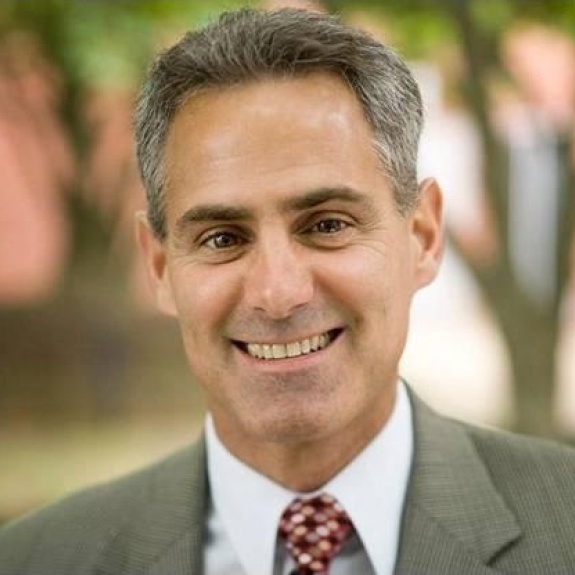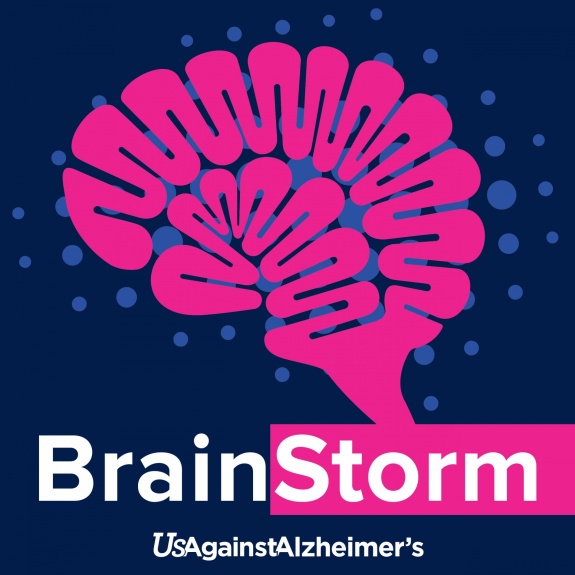Subscribe on your favorite player
Listen on Apple Podcasts Listen on Spotify Listen on Stitcher Listen on Google PodcastsNovember 14, 2017
Veterans & Alzheimer's Risk - Dr. David Cifu

About This Episode
This Alzheimer’s Talks was in collaboration with our newest network, VeteransAgainstAlzheimer’s, and was moderated by Shawn Taylor, UsAgainstAlzheimer’s board member and president of our Veterans network. Our guest was Dr. David Cifu, Professor and Chairman of the Department of Physical Medicine and Rehabilitation at Virginia Commonwealth University School of Medicine, Senior TBI (Traumatic Brain Injury) Specialist at the U.S. Department of Veterans Affairs, and Principal Investigator of the Veterans Affairs and Department of Defense Chronic Effects of Neurotrauma Consortium (CENC).
CLICK THE PLAY BUTTON AT LEFT TO HEAR THE FULL DISCUSSION.
Dr. Cifu gave an overview of the research being done at the VA, noting that veterans have a disproportionately higher rate of developing dementias; the goal is to better understand who will develop Alzheimer’s and try to reverse that trend. Dr. Cifu also shared what we all can be doing for better brain health.
Veterans are at a higher risk for Alzheimer's disease
Veterans face unique risk factors for Alzheimer’s because of their military service. Dr. Cifu discussed some of the reasons, including an aging veterans population and brain injuries. You can read more about this in the issue brief recently released by VeteransAgainstAlzheimer’s: Veterans and Alzheimer’s: Meeting the Crisis Head On.
Research with veterans
As part of his research, Dr. Cifu is studying a group of almost 2,000 veterans from the Iraq and Afghanistan conflicts, looking at brain injuries, concussion, PTSD, depression, and alcohol abuse, to see how those and other factors contribute to the risk of getting dementia and Alzheimer’s. He hopes they will be able to develop tests to identify people at risk for Alzheimer’s, and prevent or slow down the disease. If you are a veteran interested in helping with research, click here for more information.
Control what you can; don't stress the rest
Dr. Cifu advised people to focus on the things they can control, that can reduce risk or slow down the course of dementia: healthy diet; regular exercise, both physical and mental; stress management; and social engagement.
Don't wait until it's too late
Dr. Cifu stressed the importance of talking with primary care doctors and, for veterans, registering at VA centers before the onset of symptoms. If you have had brain injuries, PTSD, depression, or anxiety, talk to your doctor and a counselor, because there are treatments and resources available to you.
Thank you to Dr. Cifu for talking with us about his research and work. You can also read a full transcript of the conversation.
